African Union
The African Union's Continental AI Strategy sets the stage for a unified approach to AI governance across the continent.

Artificial intelligence (AI) has made enormous strides in recent years and has increasingly moved into the public consciousness.
Subscribe
We encourage you to subscribe to receive AI-related updates.
Explore Trendscape Our take on the interconnected global trends that are shaping the business climate for our clients.
Increases in computational power, coupled with advances in machine learning, have fueled the rapid rise of AI. This has brought enormous opportunities, as new AI applications have given rise to new ways of doing business. It has also brought potential risks, from unintended impacts on individuals (e.g., AI errors harming an individual's credit score or public reputation) to the risk of misuse of AI by malicious third parties (e.g., by manipulating AI systems to produce inaccurate or misleading output, or by using AI to create deepfakes).
Governments and regulatory bodies around the world have had to act quickly to try to ensure that their regulatory frameworks do not become obsolete. In addition, international organizations such as the G7, the UN, the Council of Europe and the OECD have responded to this technological shift by issuing their own AI frameworks. But they are all scrambling to stay abreast of technological developments, and already there are signs that emerging efforts to regulate AI will struggle to keep pace. In an effort to introduce some degree of international consensus, the UK government organized the first global AI Safety Summit in November 2023, with the aim of encouraging the safe and responsible development of AI around the world. The EU is also implementing the first comprehensive horizontal legal framework for the regulation of AI systems across EU Member States (the EU AI Act is addressed in more detail here: AI watch: Global regulatory tracker - European Union, and you can read our EU AI Act Handbook here).
Most jurisdictions have sought to strike a balance between encouraging AI innovation and investment, while at the same time attempting to create rules to protect against possible harms. However, jurisdictions around the world have taken substantially different approaches to achieving these goals, which has in turn increased the risk that businesses face from a fragmented and inconsistent AI regulatory environment. Nevertheless, certain trends are becoming clearer at this stage:
Businesses in almost all sectors need to keep a close eye on these developments to ensure that they are aware of the AI regulations and forthcoming trends, in order to identify new opportunities and new potential business risks. But even at this early stage, the inconsistent approaches each jurisdiction has taken to the core questions of how to regulate AI is clear. As a result, it appears that international businesses may face substantially different AI regulatory compliance challenges in different parts of the world. To that end, this AI Tracker is designed to provide businesses with an understanding of the state of play of AI regulations in the core markets in which they operate. It provides analysis of the approach that each jurisdiction has taken to AI regulation and provides helpful commentary on the likely direction of travel.
Because global AI regulations remain in a constant state of flux, this AI Tracker will develop over time, adding updates and new jurisdictions when appropriate. Stay tuned, as we continue to provide insights to help businesses navigate these ever-evolving issues.
The African Union's Continental AI Strategy sets the stage for a unified approach to AI governance across the continent.
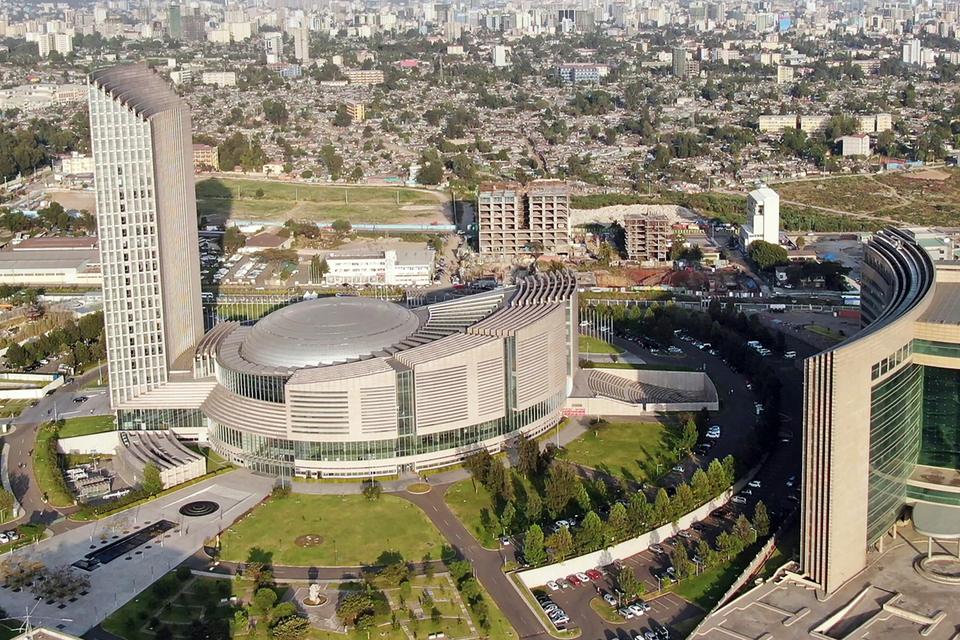
Voluntary AI Ethics Principles guide responsible AI development in Australia, with potential reforms under consideration.

The enactment of Brazil's proposed AI Regulation remains uncertain with compliance requirements pending review.

AIDA expected to regulate AI at the federal level in Canada but provincial legislatures have yet to be introduced.

The Interim AI Measures is China's first specific, administrative regulation on the management of generative AI services.
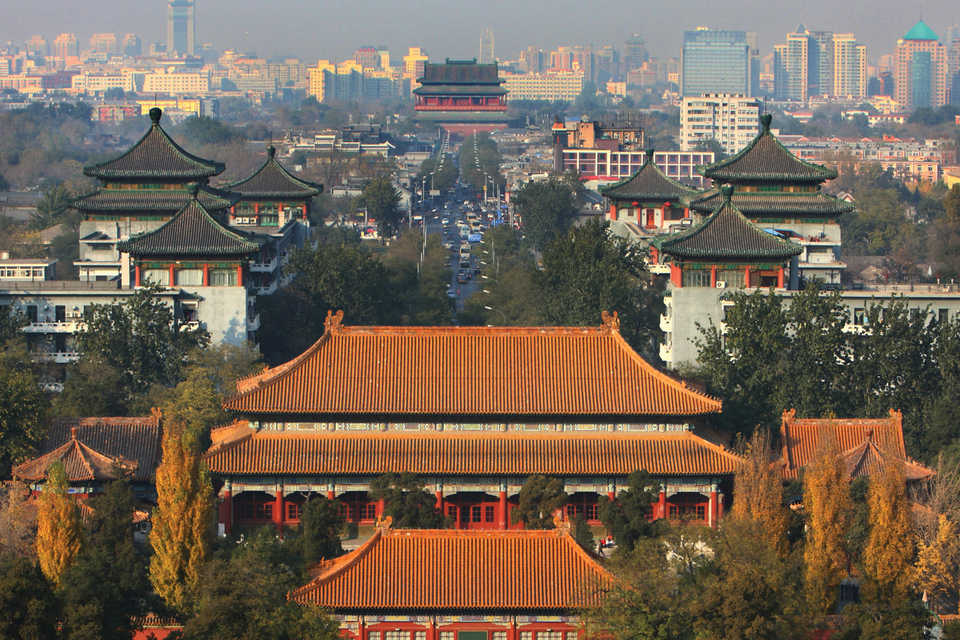
Despite congressional activity on AI in Colombia, regulation remains unclear and uncertain.

The Council of Europe is developing a new Convention on AI to safeguard human rights, democracy, and the rule of law in the digital space covering governance, accountability and risk assessment.
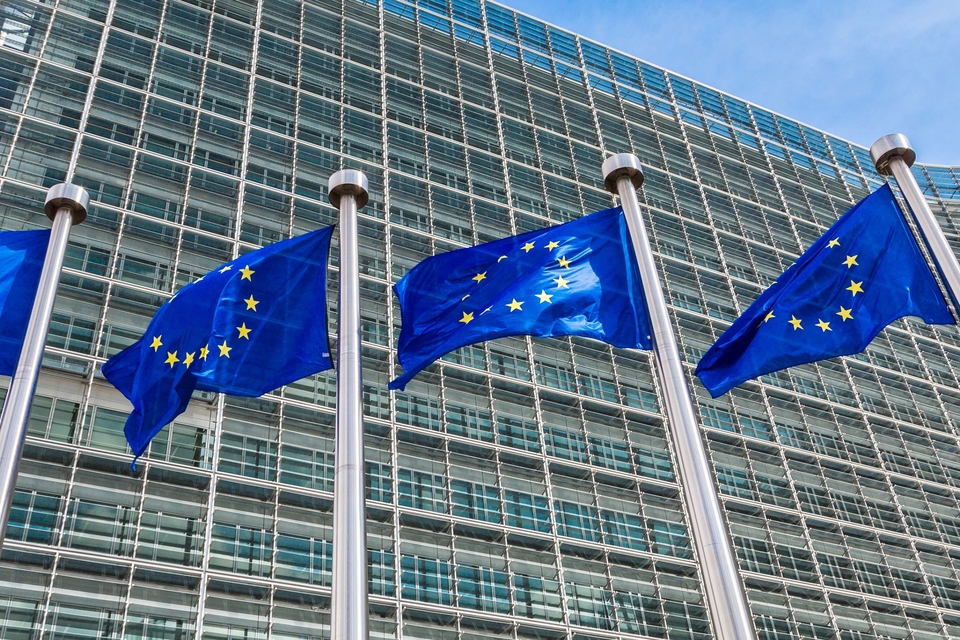
The successful implementation of the EU AI Act into national law is the primary focus for the Czech Republic, with its National AI Strategy being the main policy document.

The EU introduces the pioneering EU AI Act, aiming to become a global hub for human-centric, trustworthy AI.
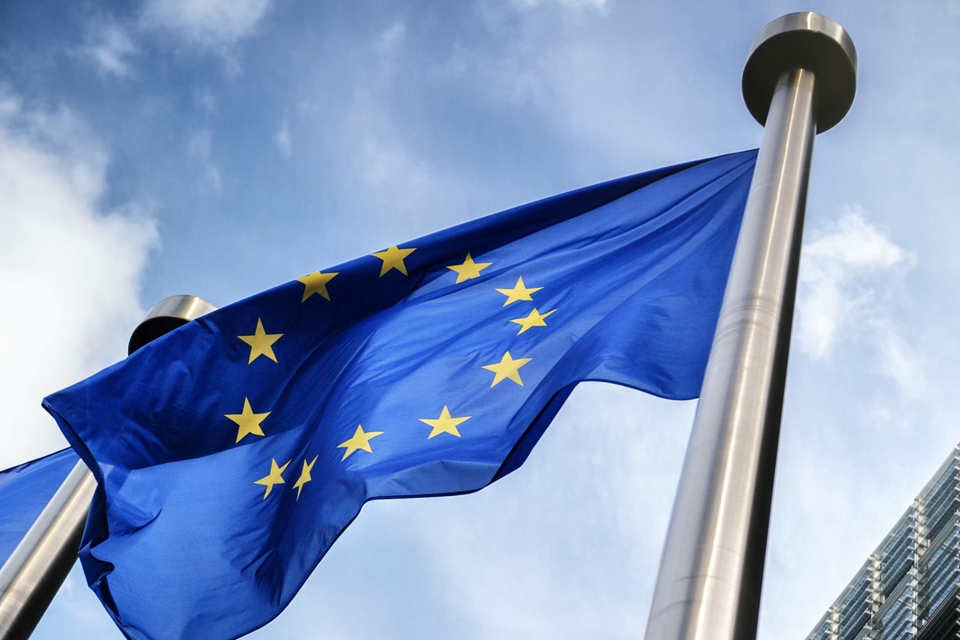
France actively participates in international efforts and proposes sector-specific laws.

The G7's AI regulations mandate Member States' compliance with international human rights law and relevant international frameworks.
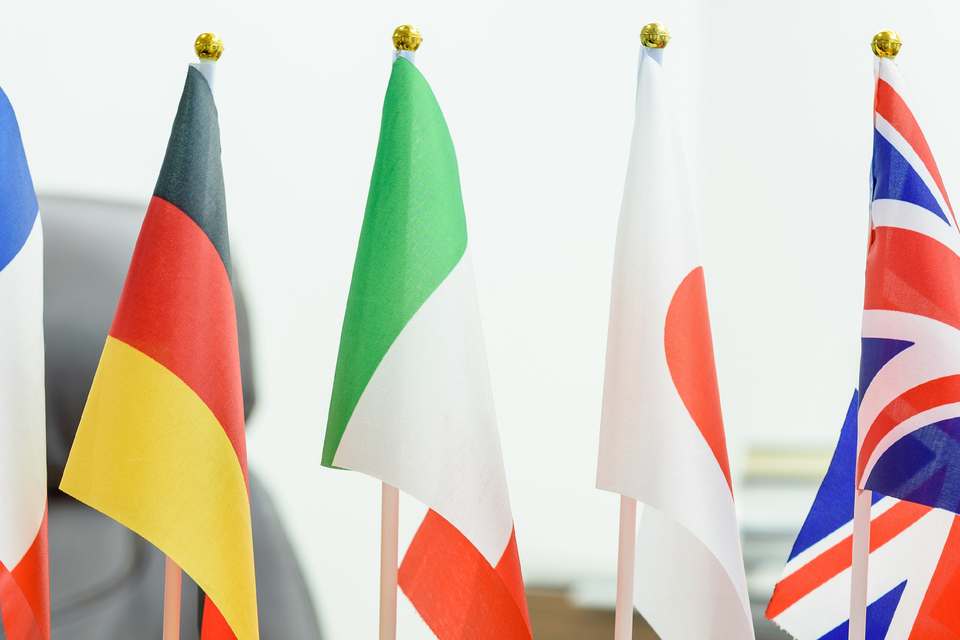
Germany evaluates AI-specific legislation needs and actively engages in international initiatives.

Hong Kong lacks comprehensive AI legislative framework but is developing sector-specific guidelines and regulations, and investing in AI.

National frameworks inform India’s approach to AI regulation, with sector-specific initiatives in finance and health sectors.
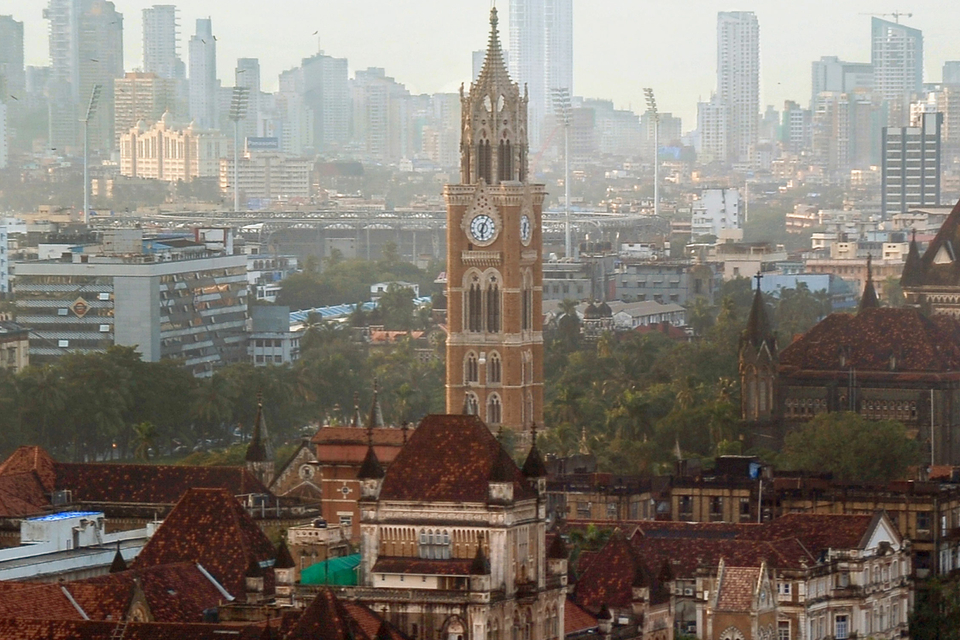
Israel promotes responsible AI innovation through policy and sector-specific guidelines to address core issues and ethical principles.


Japan adopts a soft law approach to AI governance but lawmakers advance proposal for a hard law approach for certain harms.

Kenya's National AI Strategy and Code of Practice expected to set foundation of AI regulation once finalized.
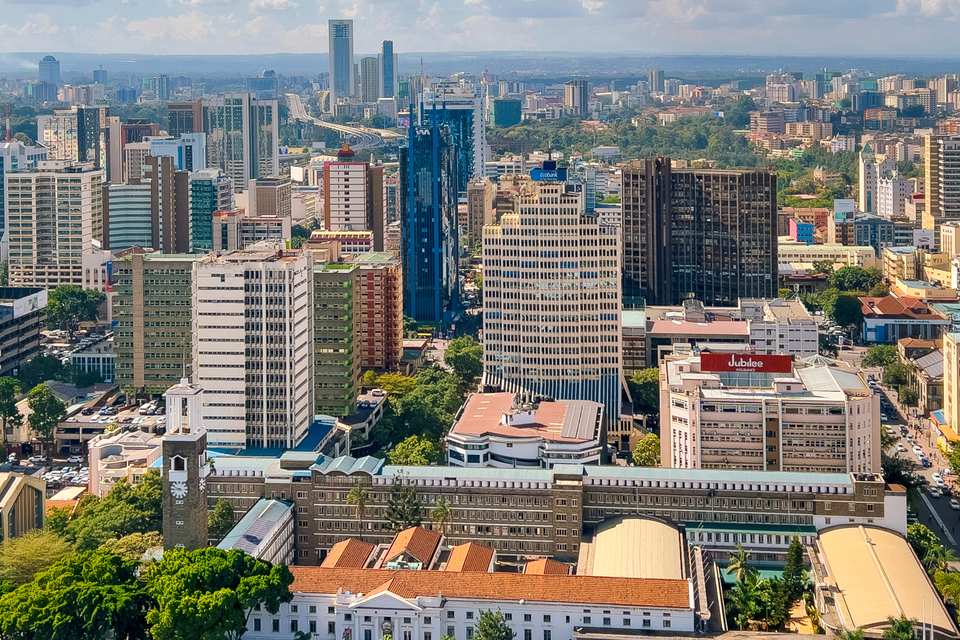
Nigeria's draft National AI Policy underway and will pave the way for a comprehensive national AI strategy.
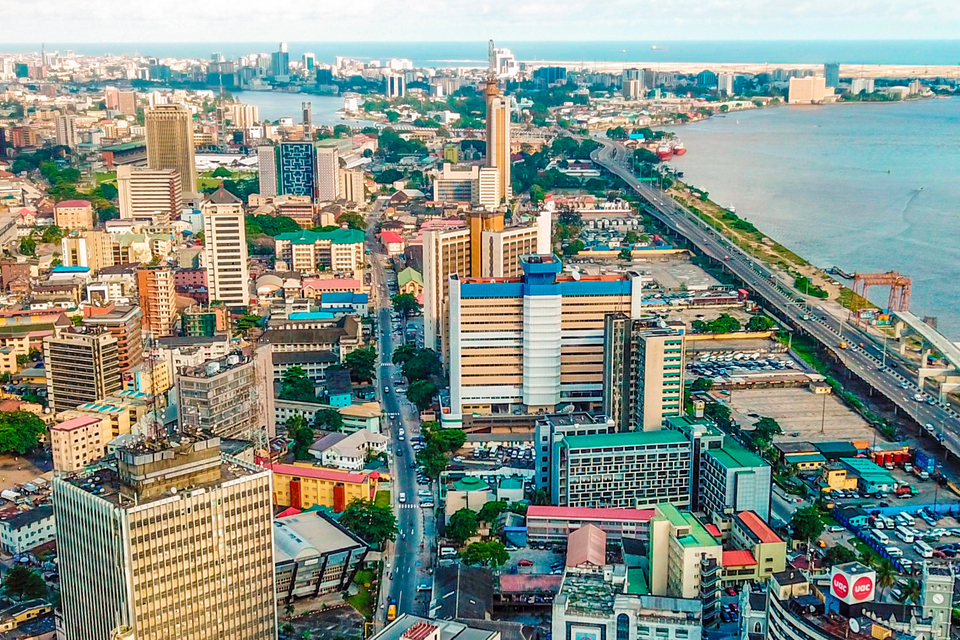
Position paper informs Norwegian approach to AI, with sector-specific legislative amendments to regulate developments in AI.

The OECD's AI recommendations encourage Member States to uphold principles of trustworthy AI.
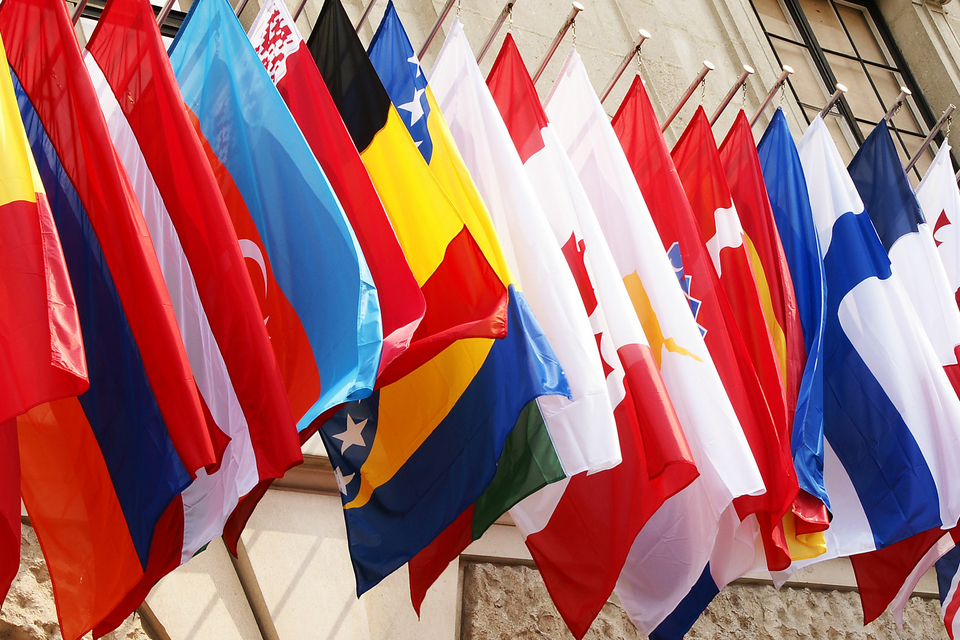
Saudi Arabia is yet to enact AI Regulations, relying on guidelines to establish practice standards and general principles.

Singapore's AI frameworks guide AI ethical and governance principles, with existing sector-specific regulations addressing AI risks.

South Africa is yet to announce any AI regulation proposals but is in the process of obtaining inputs for a draft National AI plan.

South Korea's AI Act has been promulgated as the fundamental body of law governing AI.

Spain creates Europe's first AI supervisory agency and actively participates in EU AI Act negotiations.

Switzerland's National AI Strategy sets out guidelines for the use of AI, and aims to finalize an AI regulatory proposal in 2025.

Draft laws and guidelines are under consideration in Taiwan, with sector-specific initiatives already in place.

Turkey has published multiple guidelines on the use of AI in various sectors, with a bill for AI regulation now in the legislative process.

Mainland UAE has published an array of decrees and guidelines regarding regulation of AI, while the ADGM and DIFC free zones each rely on amendments to existing data protection laws to regulate AI.

The UK prioritizes a flexible framework over comprehensive regulation and emphasizes sector-specific laws.

The UN's AI resolutions encourage Member States to adopt national rules to establish safe, secure and trustworthy AI systems and create forums to advance global cooperation, scientific understanding, and share best practices.
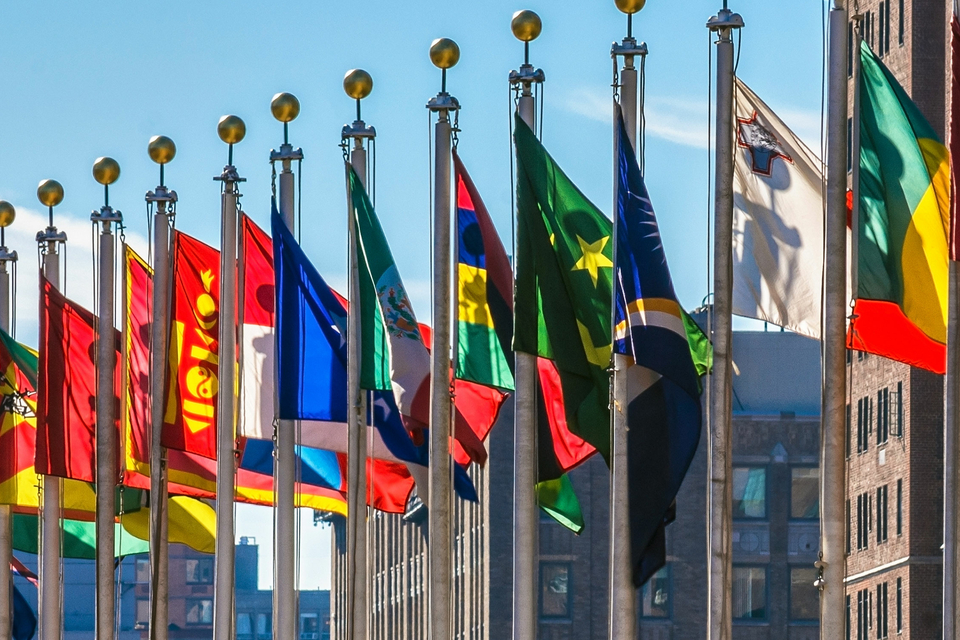
The US relies on existing federal laws and guidelines to regulate AI but aims to introduce AI legislation and a federal regulation authority.


South Korea's AI Act has been promulgated as the fundamental body of law governing AI.
The Basic Act on the Development of Artificial Intelligence and the Establishment of Foundation for Trustworthiness (the "AI Act") was passed at the National Assembly's plenary session on December 27, 2024 and is set to become effective on January 22, 2026.1 The AI Act seeks to not only promote the AI industry, but also to protect its users by fostering a more secure ecosystem through stringent notice and certification requirements.
A Presidential Decree is expected to be issued to implement the AI Act and provide further compliance guidelines. The Ministry of Science and Information and Communication Technology (MSIT) has prepared a bill, which is subject to further review and pending.
There are existing laws and proposed amendments to such laws that do not aim to directly regulate AI but may impact the use and/or development of AI in South Korea. A non-exhaustive list of examples includes the following:
Further, Korean government authorities have issued guidelines, including the following which are related to the AI Act and subject matters thereof:
Under the AI Act, AI is defined as "electronic embodiment of human intellectual abilities such as learning, reasoning, perception, judgment, and language comprehension". Further, "high-impact AI" and "generative AI" are defined under the AI Act.2
The AI Act is deemed to apply to foreign entities whose AI systems affect users or markets in Korea. Foreign entities that meet the criteria, which is to be set by a Presidential Decree, must designate a domestic representative in Korea.
The AI Act applies across sectors, but the definition of "high-impact AI" indicates that it focuses on the following sectors with elevated public impact: energy supply, water production, healthcare, medical devices, nuclear energy, biometric investigations, employment, credit decisions, transport safety, public administration and education.
The AI Basic Act establishes a multi-stakeholder governance framework, involving the following:
The AI Act focuses on several key areas, including the following:
Under the AI Act, high-risk areas are listed that may have a significant impact on the safety, health, and protection of fundamental rights of the public. These areas include energy, healthcare, medical devices, nuclear facilities, biometric information in criminal investigations or arrests, artificial intelligence for judgment and evaluation purposes that have a significant impact on the rights and obligations of individuals (such as recruitment or loan screening), transportation (including autonomous driving, transportation facilities, and transportation systems), and artificial intelligence used by the state, local governments, and public institutions to make decisions that affect the public.
The AI Act requires:
In South Korea, there are several government bodies and ministries involved in regulating and overseeing the use and development of AI. Such regulators include:
As noted above, the MSIT serves as the lead regulatory ministry. As such, it has the main enforcement authority under the AI Act to investigate and also impose penalties for non-compliance.
Cameron Lee (Associate, White & Case, Singapore) contributed to this publication.
1 MSIT Press Release (Jan 2025)
2 Law.go.kr – Basic Act on the Development of Artificial Intelligence and the Establishment of Foundation for Trustworthiness (Law No. 20676)
White & Case means the international legal practice comprising White & Case LLP, a New York State registered limited liability partnership, White & Case LLP, a limited liability partnership incorporated under English law and all other affiliated partnerships, companies and entities.
This article is prepared for the general information of interested persons. It is not, and does not attempt to be, comprehensive in nature. Due to the general nature of its content, it should not be regarded as legal advice.
© 2025 White & Case LLP